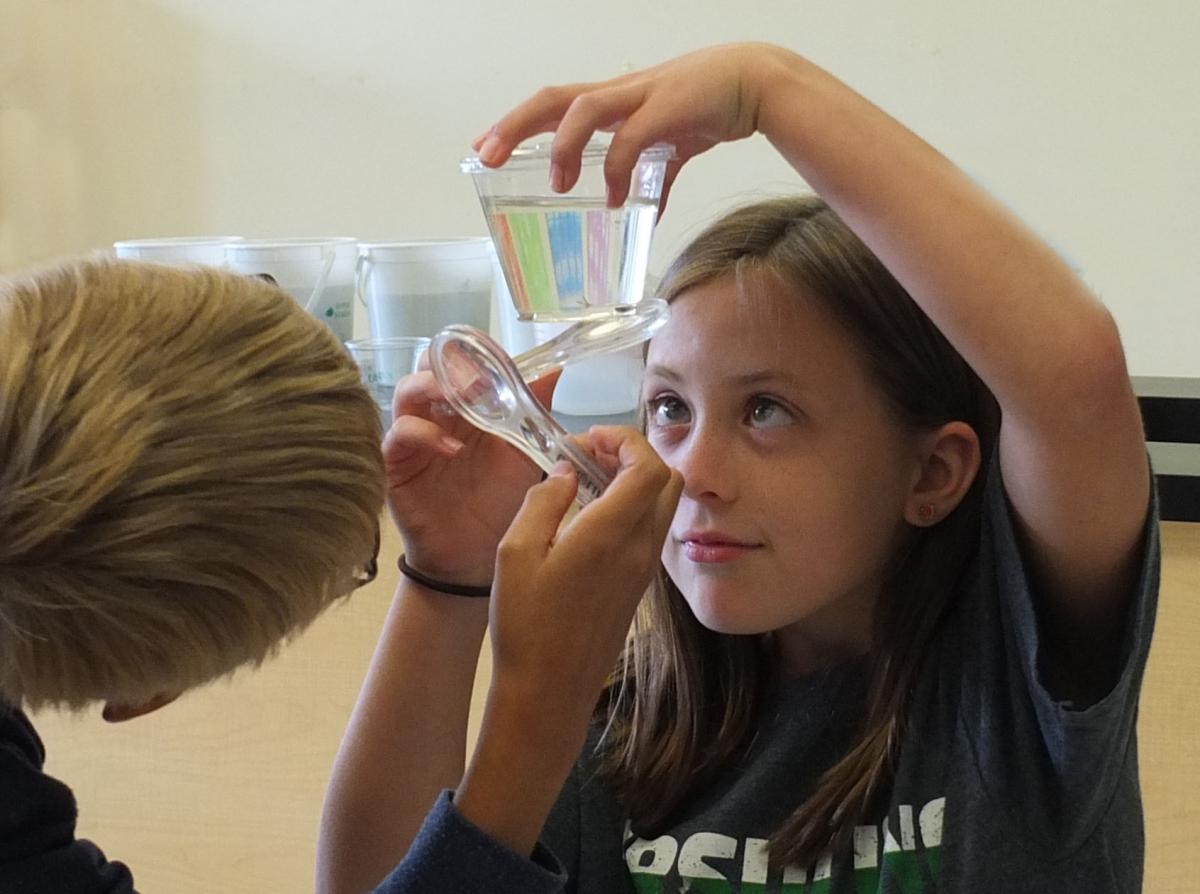
October is Learning Disability Awareness Month
October 5, 2016
In Honor of ADHD Awareness Month
October 19, 2016
This week I am continuing to write about learning disabilities in honor of Learning Disability Awareness month.
Below are some common myths and facts regarding learning disabilities.
MYTH: Learning disabilities are not common.
FACT: Learning disabilities are common. In the 2010 U.S. Census, 4.6 million Americans reported having a learning disability, and one out of every 20 public school students is identified as having a learning disability.
MYTH: Common causes of learning disabilities include watching too much TV, eating a poor diet, receiving childhood vaccines, or lack of early parent/teacher involvement.
FACT: While the specific nature of learning disabilities within the brain is not completely known, it is known that they arise from neurological differences in brain structures and functions that affect a person’s ability to receive, store, process, retrieve, or communicate information. There is both a genetic component and an increased risk among children who are exposed in utero, or in early development, to toxic materials such as lead.
MYTH: Learning disabilities are linked to a lower IQ.
FACT: By definition, people with learning disabilities have average or above intelligence. Learning disabilities are not caused by having low cognitive ability (low IQ).
MYTH: People with learning disabilities are lazy.
FACT: People with learning disabilities work just as hard as those without learning disabilities. In fact, it is a requirement of both special education law (IDEA) and medical guidelines (DSM-V) that people with a learning disability/disorder must have a history of receiving interventions in their areas of difficulty before being diagnosed. That means that before someone can be identified as having a learning disability/disorder, she must have done even more work in the area of difficulty on top of the work all students do.
MYTH: People can grow out of learning disabilities.
FACT: Because learning disabilities arise from neurological differences in brain structure, people will not grow out of them. However, with proper evidence-based instruction and the ability to use appropriate accommodations, people with learning disabilities can learn strategies for navigating life by capitalizing on their strengths and bypassing their weaknesses.

MYTH: People with learning disabilities cannot have successful careers.
FACT: As stated above, people with learning disabilities have average or above intelligence and work just as hard as anyone else. If a student is taught effective learning strategies and efficient accommodation use, he can have a very successful career in a variety of fields. Some very successful people with learning disabilities include Richard Branson, Keira Knightley, Jay Leno, and Albert Einstein, just to name a few.
At Springer School and Center, students are taught research-based strategies and effective accommodations, including the use of technology, in order to be their best selves. Springer debunks learning myths for students, and instead teaches them that they can achieve despite their difficulties.
Interested in learning more? Subscribe to our weekly newsletter, Insights in LD!
Blogger Stephanie Dunne, Ed.S., is the Center Director at Springer School and Center. Prior to coming to Springer, Stephanie practiced as a school psychologist in public and private schools for ten years. If you have questions, please contact Director of Learning Programs Carmen Mendoza at .




7 Comments
Thank you very much for allowing me to learn facts about learners with learning disabilities so as to help them better by ignoring all the myths about them.
You are welcome, and thank you for visiting our Insights in LD! We also offer information via Twitter, Facebook, and Instagram.
Really interesting. I just completed my diploma in learning disability management. I really look forward more insights regarding learning disability.
Thank you Rishana, and congratulations on your diploma. You might like to sign up for our weekly newsletter, Insights in LD.
I have been enriched by reading and learning about the myths and facts about people with disabilities. Am now in position to explain to people with negative attitudes towards people with learning disabilities and help those with disabilities to cope with the challenge.
Thanks a lot for sharing information on learning disabilities and the myths attached. I have been enriched with tools of dealing and helping learners with challenges to catch up with normal students.
This was encouraging to read. I am a 43 year old mother of 2 and work as an Executive Assistant at my local hospital. I recently was coded as having a learning disorder, nos after a lifetime of feeling different. This article helped me understand better what I was diagnosed with.